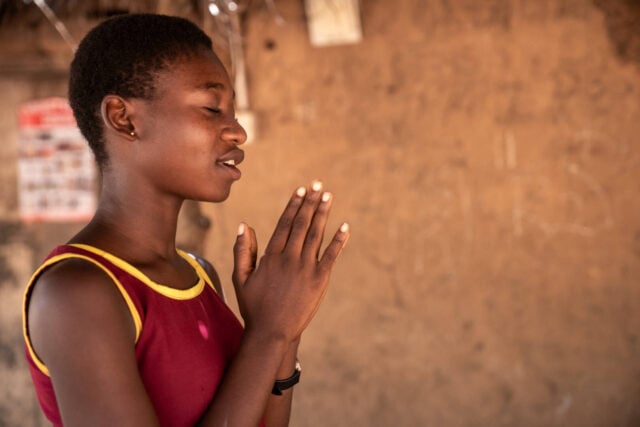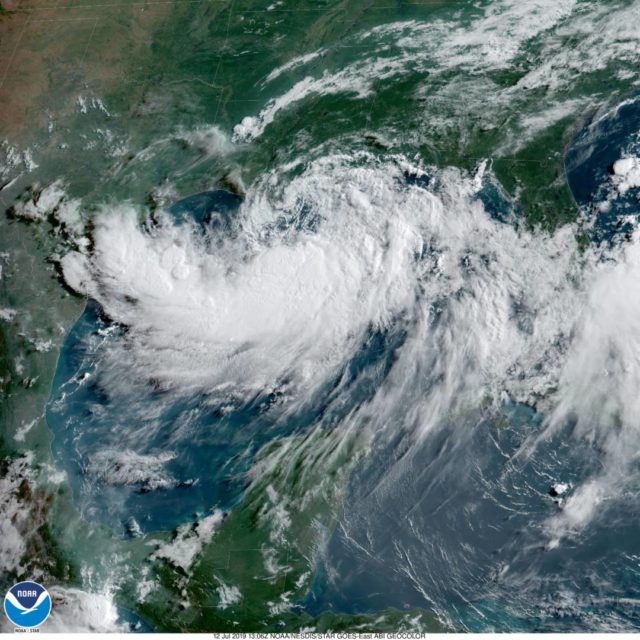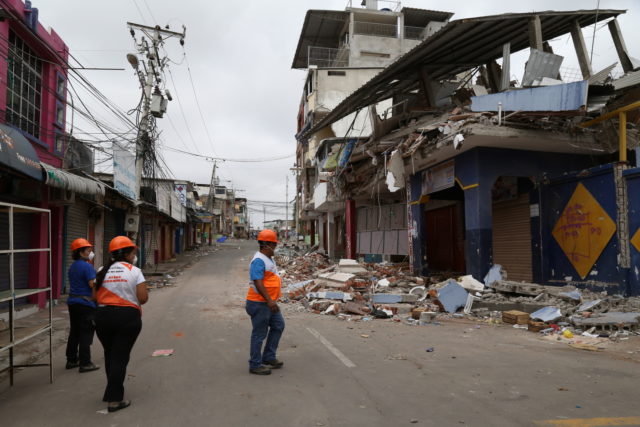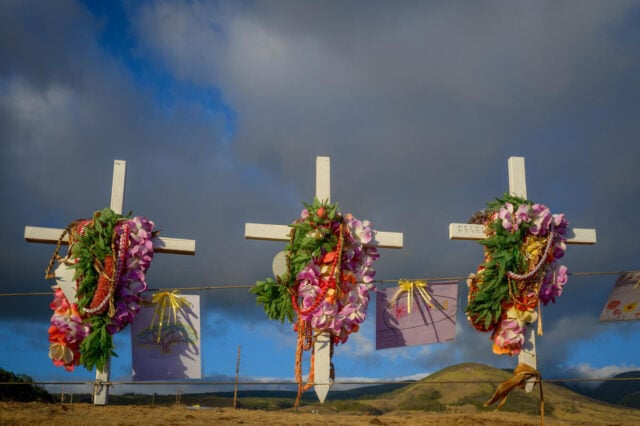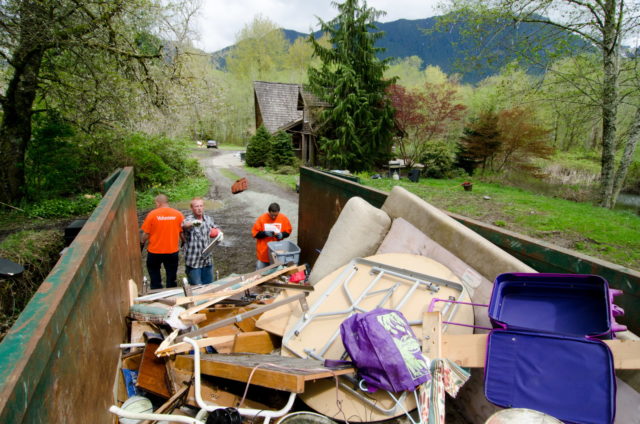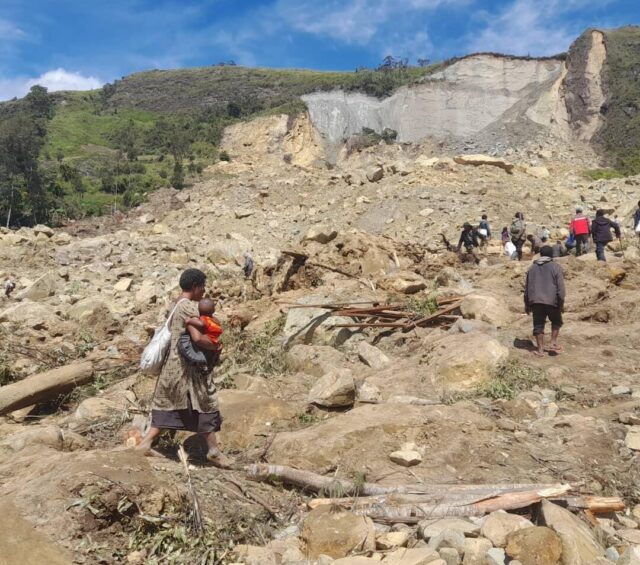World Vision responds to disasters globally, including in the United States. Learn about World Vision’s history of U.S. disaster responses, as well our work in education and distributing essential supplies and building materials to communities affected by emergencies in the U.S.
News & Stories
Natural Disasters
Explore the meaning of Matthew 25 through prayer
As Christians, we have a choice: respond to unsettling realities in the world with fear and avoidance, or follow Jesus in responding to the greatest needs of our day with love and hope. Reflecting on Matthew 25, pray with us for World Vision’s work around the world.
Hurricane Barry: Facts, FAQs, and how to help
Hurricane Barry made landfall in Louisiana on July 13, 2019, bringing heavy rains, floods, and a dangerous storm surge. Learn how World Vision responded and supported affected communities.
Ecuador earthquake: Facts, FAQs, and how to help
A magnitude 7.8 earthquake rocked Ecuador’s coast April 16, 2016 — killing almost 700 people and leveling homes, schools, and infrastructure. The deadly Ecuador earthquake made life harder for people suffering from El Niño flooding. Recovery called for an all-out effort to support health, nutrition, education, and rebuilding.
Floods: Facts, FAQs, and how to help
In 2024, deadly floods in Afghanistan, Brazil, and Kenya have wreaked havoc on communities, destroying homes and livelihoods. These disasters have resulted in numerous fatalities, increased suffering, and heightened risks of waterborne diseases like cholera. Discover how floods affect regions worldwide, learn about their causes and effects, and find out how to support survivors.
Maui wildfires: Facts, FAQs, and how to help
The destructive wildfires that swept through Maui in August 2023 have tragically resulted in loss of life, with a confirmed death toll of 102 people as of June 2024. The catastrophe has left thousands of Maui residents without homes and caused widespread destruction and damage to several areas of the island. Learn how World Vision is responding to the crisis and how you can support people affected by the disaster.
Oso landslide: A community rallies after deadly landslide
On March 22, 2014, the Oso landslide bearing up to 70 feet of mud buried a mile-long stretch of highway and took the lives of 43 people. Small communities around Oso, Washington, were left grieving while handling the monumental task of rebuilding.
Papua New Guinea landslide: Facts, FAQs, and how to help
Learn about the devastating landslide in Papua New Guinea’s Enga province, which has claimed 670 lives and buried an entire village under tons of debris. With more people feared dead and thousands displaced, authorities are warning of a second landslide and potential disease outbreaks. Discover key facts about the landslide and its causes and effects, and find ways to support survivors in this dire situation.
Explore World Vision’s disaster responses
Armed conflict, natural disasters, and other emergencies can alter children’s lives drastically. When disaster strikes, World Vision’s disaster response helps safeguard children’s well-being by providing vital resources such as food, clean water, and shelter, as well as protection against trafficking and other forms of exploitation. With a presence in nearly 100 countries, we’re able to respond swiftly to global humanitarian emergencies, even in the most challenging environments — and we stay after immediate needs have been met to equip communities as they rebuild. Explore our interactive map showing some of the ways our staff around the world are supporting children affected by global crises.
4 ways World Vision tackles poverty in the United States
At World Vision, we are called to serve the most vulnerable children and their communities around the world, including right here in the United States. And we do it by providing a way for manufacturers and businesses to share excess resources with people living in poverty. In 2022, we were able to reach more than 3.6 million people through our various U.S. programs.

